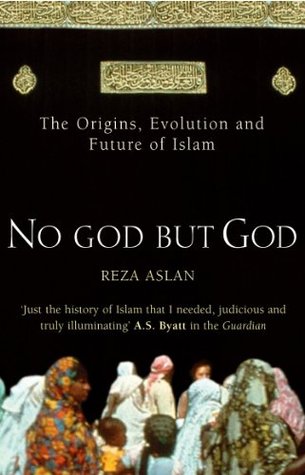More on this book
Community
Kindle Notes & Highlights
by
Reza Aslan
Read between
May 18 - May 25, 2019
“The retribution for an injury is an equal injury,” the Quran states, “but those who forgive the injury and make reconciliation will be rewarded by God” (42:40).
The truth is that the traditional image of the veiled Muslim woman as the sheltered and docile sexual property of her husband is just as misleading and simpleminded as the postmodernist image of the veil as the emblem of female freedom and empowerment from Western cultural hegemony. The veil may be neither or both of these things, but that is solely up to Muslim women to decide for themselves. Whatever sartorial choices a woman makes are hers and hers alone. It is neither a man’s nor the state’s place to define proper “womanhood” in Islam. Those who treat the Muslim woman not as an individual
...more
the ideological differences among the Peoples of the Book is explained by the Quran as indicating God’s desire to give each people its own “law and path and way of life” (5:42–48).
“Let us come to an agreement on the things we hold in common,” the Quran suggests: “that we worship none but God; that we make none God’s equal; and that we take no other as lord except God” (3:64).
most Muslims have already appropriated the language of democracy, recognizing traditional Islamic concepts like shura, or “consultation,” as popular representation; ijma, or “consensus,” as political participation; bay‘ah, or “allegiance,” as universal suffrage;
the overwhelming majority of Americans who describe themselves as Christian are making a statement of identity, not a statement of belief. The same holds true for the overwhelming majority of Jews, Buddhists, Hindus, Jains, etc. Religion has always been more than a matter of beliefs and practices. It is, above all, a perspective, a mode of being. Religion encompasses one’s culture, one’s politics, one’s very view of the world. This is particularly true of Islam,


